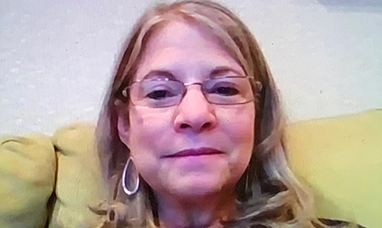In May of 2020, my son was fortunate enough to receive a lung transplant. For CF parents and patients, you know just how equally joyous and frightening that time can be. Now, we’ve spent the last year at doctor appointments, and motivating our son as best we can. But we know there is a long road ahead.
Recently, I learned of legislation introduced in New Jersey that would establish a Prescription Drug Affordability Board. The goal is to help patients afford their medications by breaking down typical cost barriers. As well-intentioned as it is, however, creating such a board could lead to unintended consequences that would actually do more harm than good for patients like my son.
Proponents of the Affordability Board claim the government is the primary funder of research in our country and that price controls will do very little to thwart innovation and research. But the truth remains that the private sector bears a significantly larger percentage of funding for biopharmaceutical research and development. This means that most of the groundbreaking treatments on the market today have been funded by private investments. If price controls limit the return on that investment, a reduction in funding is ultimately inevitable.
Instead of focusing on setting price controls, it’s more important to continue to streamline the heart of the issue – better access to these life-saving medications.
I’ve done everything for my child since he was born. And even today, I help to take the stress away from his wife and family. I take him to doctor appointments, I serve as a sounding board for treatments. I do what any mother would. But what happens to him as I age? And I am no longer in the position to help financially, mentally or emotionally? I must have assurance that there will be a system that allows my son to get the best treatment there is. And even more importantly, I hope there is continued investment in such therapies to help the millions of parents that will come after me and have to battle this horrible disease.
I urge legislators to take a hard look at who will be impacted by an Affordability Board. Because patients who need lifesaving treatments have no room for waiting. Time is never on their side.


